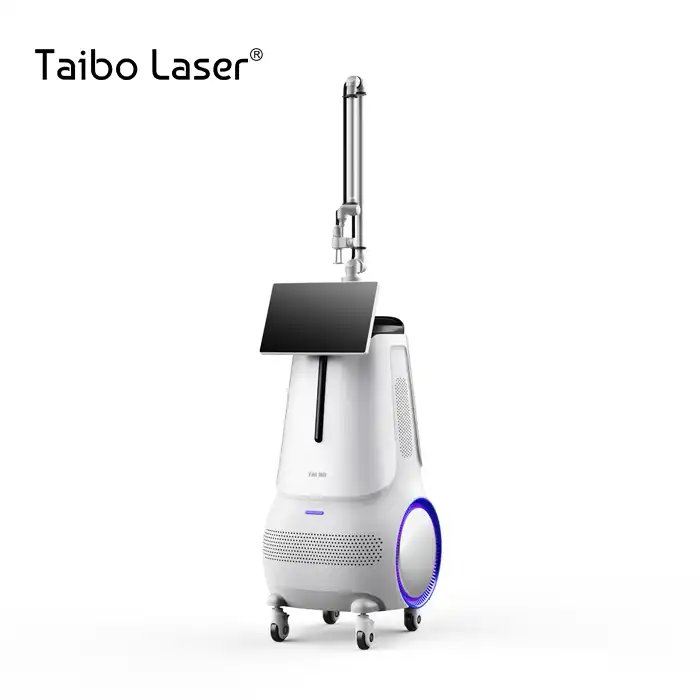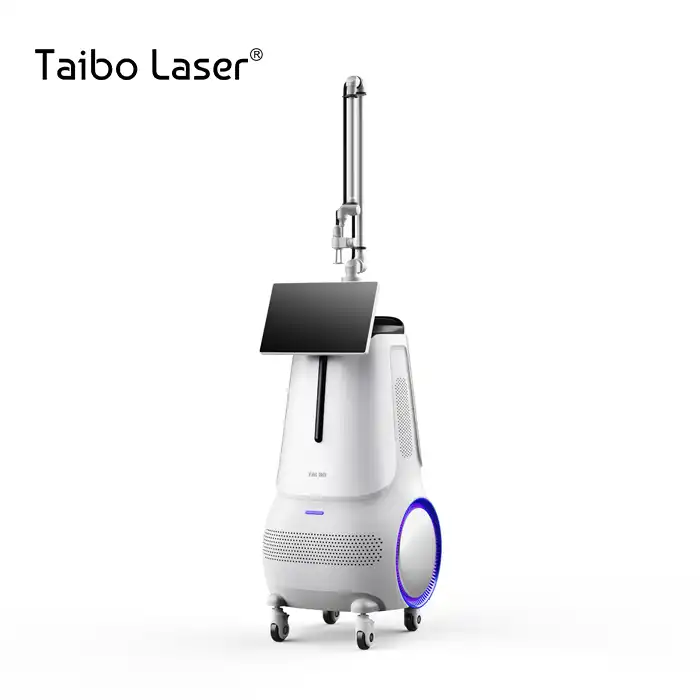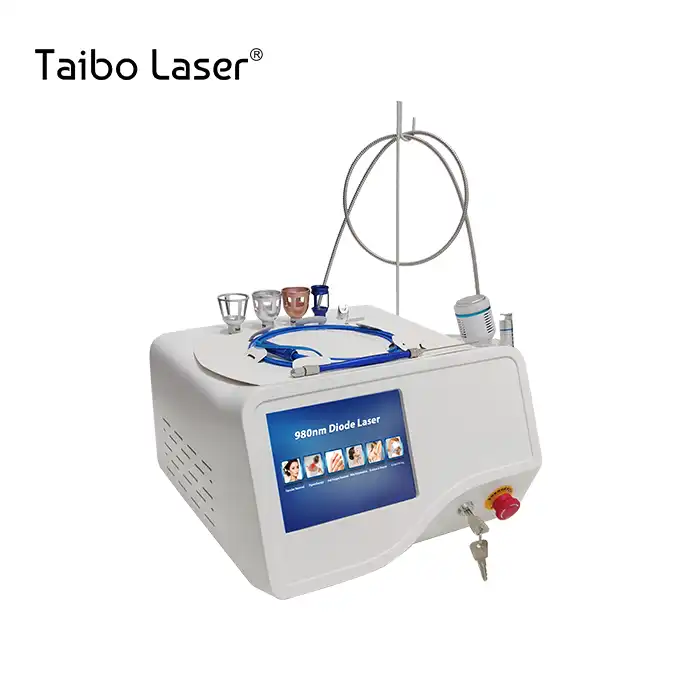The Science Behind Electromagnetic Muscle Stimulation
Understanding the Basics of EMS Technology
An advanced method for inducing muscular contractions is electromagnetic muscle stimulation, which makes use of electromagnetic fields. Controlled electromagnetic pulses are emitted by the electromagnetic muscle stimulation equipment, penetrating the skin and stimulating motor neurons in specific muscle groups. These pulses cause involuntary contractions by imitating the brain's natural electrical impulses that start muscle activity. Reaching deep muscle fibers that are frequently difficult to activate with conventional workout techniques is EMS's speciality. EMS may promote more thorough muscle growth and increased general strength by activating these difficult-to-reach muscle fibers.
The Role of Electromagnetic Fields in Muscle Activation
Muscle activation is greatly aided by the electromagnetic fields produced by the EMS apparatus. The magnetic flux produced by these fields causes electrical currents to flow through the muscle tissue. Muscle contractions are caused by the currents depolarizing the motor neurons as they pass through the muscle fibers. To target particular muscle groups and accomplish desired results, the electromagnetic pulses' frequency and intensity can be changed. This degree of accuracy enables personalized therapies based on each patient's requirements and fitness objectives.
Comparing EMS to Traditional Exercise Methods
Electromagnetic muscle stimulation causes involuntary contractions of the muscles, whereas conventional workout techniques depend on voluntary contractions. This difference is important because, in contrast to traditional workouts, it enables longer and more intense muscle engagement. With its ability to stimulate numerous muscle groups at once, the electromagnetic muscle stimulation machine may provide a more effective and efficient workout. It's crucial to remember that EMS is a supplemental tool to improve general fitness and body-sculpting efforts rather than a full substitute for conventional exercise.
Benefits and Applications of Electromagnetic Muscle Stimulation
Enhancing Muscle Strength and Tone
One of the primary benefits of electromagnetic muscle stimulation is its potential to improve muscle strength and tone. By targeting specific muscle groups with precision, EMS can help individuals achieve better muscle definition and overall body contouring. The electromagnetic muscle stimulation machine allows for controlled and consistent muscle activation, which may lead to more efficient muscle building compared to some traditional exercises. Moreover, EMS can be particularly beneficial for individuals who have difficulty engaging certain muscle groups through conventional workouts. The technology's ability to reach deep muscle fibers can contribute to more comprehensive muscle development and potentially enhance overall physical performance.
Rehabilitation and Recovery Applications
Electromagnetic muscle stimulation has found valuable applications in the field of rehabilitation and recovery. For individuals recovering from injuries or surgeries, EMS can help maintain muscle mass and prevent atrophy during periods of limited mobility. The gentle yet effective muscle contractions induced by the electromagnetic muscle stimulation machine can promote blood circulation and potentially accelerate the healing process. Additionally, EMS has shown promise in managing certain types of chronic pain and improving muscle function in individuals with neurological conditions. The technology's non-invasive nature makes it an attractive option for those seeking alternative or complementary therapies to support their recovery journey.
Aesthetic and Body Contouring Benefits
In the realm of aesthetic treatments, electromagnetic muscle stimulation has gained popularity as a non-surgical body contouring solution. The technology's ability to target specific muscle groups with precision makes it an effective tool for addressing areas that may be resistant to traditional diet and exercise methods. By stimulating muscle growth and potentially reducing localized fat deposits, EMS can contribute to improved body shape and contours. Many individuals turn to electromagnetic muscle stimulation as a complementary treatment to enhance the results of their fitness regimens or as a standalone option for targeted body sculpting.
The EMS Treatment Process and What to Expect
Preparing for an EMS Session
Before undergoing an electromagnetic muscle stimulation treatment, it's essential to consult with a qualified professional to determine if EMS is suitable for your individual needs and health status. The practitioner will typically conduct a thorough assessment to identify target areas and customize the treatment plan accordingly. Proper hydration is crucial before an EMS session, as it helps optimize muscle responsiveness to the electromagnetic stimulation. Wearing comfortable, form-fitting clothing is also recommended to ensure proper contact between the skin and the electrodes of the electromagnetic muscle stimulation machine.
The EMS Treatment Experience
During an EMS session, specially designed suits or pads equipped with electrodes are placed on targeted muscle groups. These electrodes are connected to the electromagnetic muscle stimulation machine, which delivers controlled electromagnetic pulses to induce muscle contractions. The intensity and frequency of the pulses can be adjusted throughout the session to optimize muscle engagement and ensure comfort. Many individuals report feeling a tingling or pulsating sensation during the treatment, which is generally well-tolerated and not painful.
Post-Treatment Care and Results
After an EMS session, it's normal to experience some muscle fatigue, similar to what one might feel after an intense workout. Proper hydration and light stretching can help alleviate any post-treatment discomfort and support muscle recovery. Results from electromagnetic muscle stimulation can vary depending on individual factors and treatment goals. Some people may notice improvements in muscle tone and strength after just a few sessions, while others may require a series of treatments to achieve desired outcomes. Consistency and adherence to the recommended treatment plan are key to maximizing the benefits of EMS.
Conclusion
Electromagnetic muscle stimulation machine represents a cutting-edge approach to fitness and body sculpting, offering a range of benefits from enhanced muscle strength to non-invasive body contouring. As technology continues to advance, EMS is likely to play an increasingly significant role in both aesthetic treatments and fitness regimens, providing individuals with efficient and effective options for achieving their physical goals. If you want to get more information about this product, you can contact us at susan@taibobeauty.com.






















